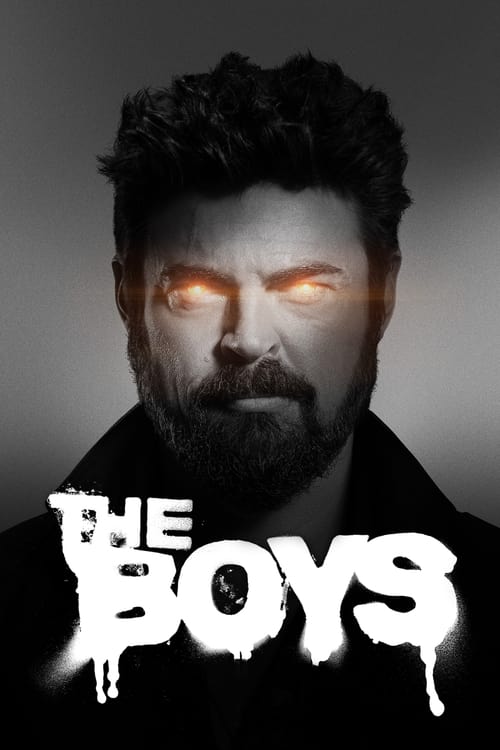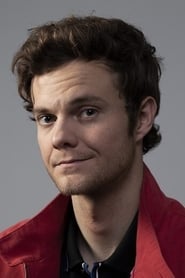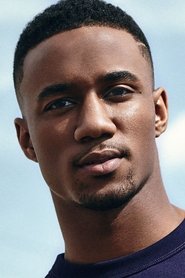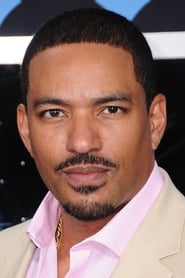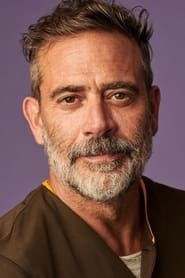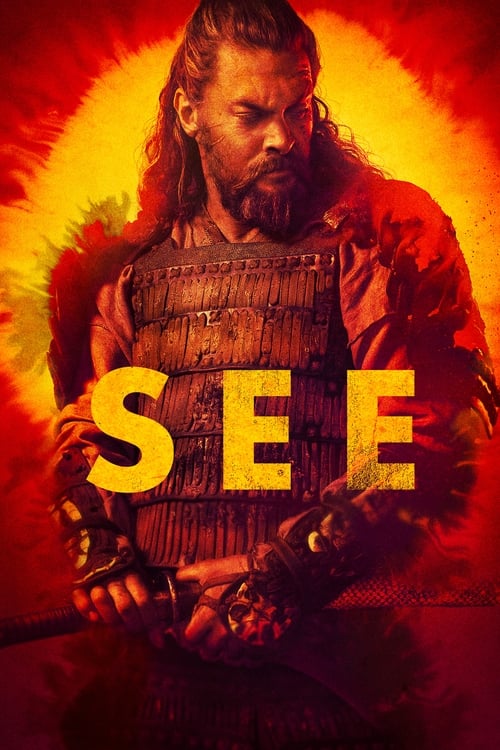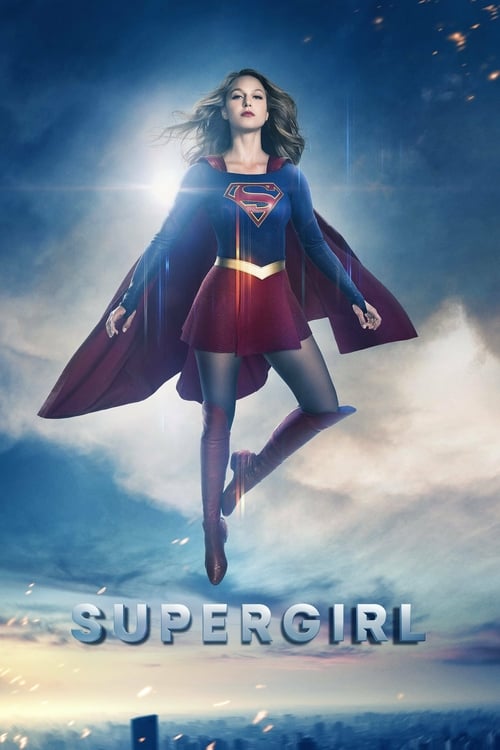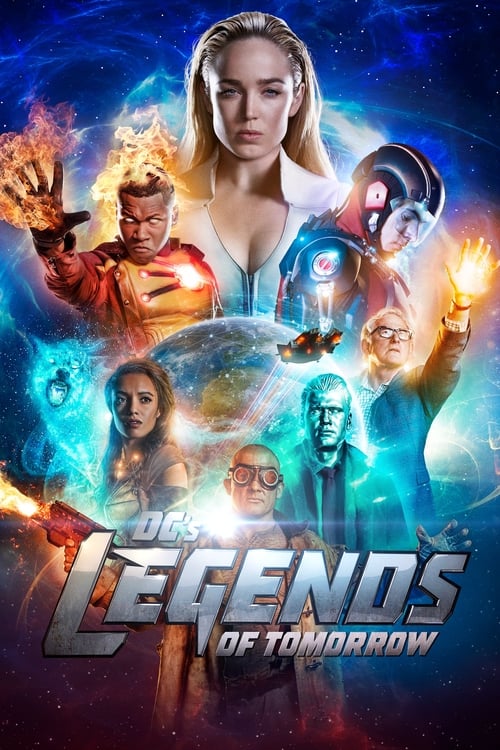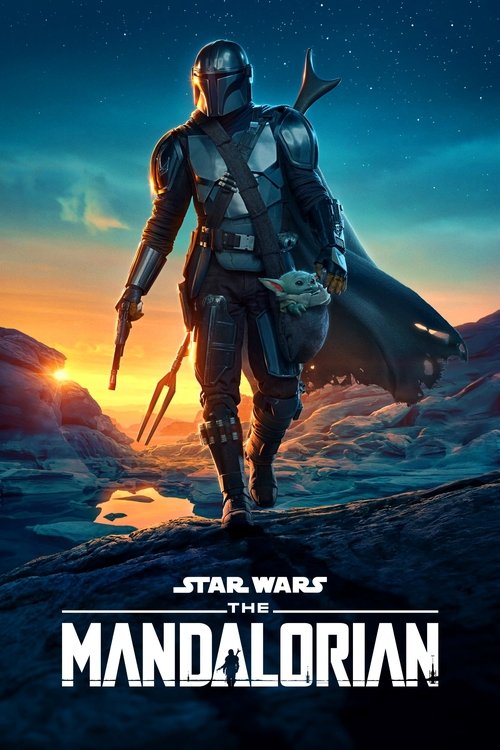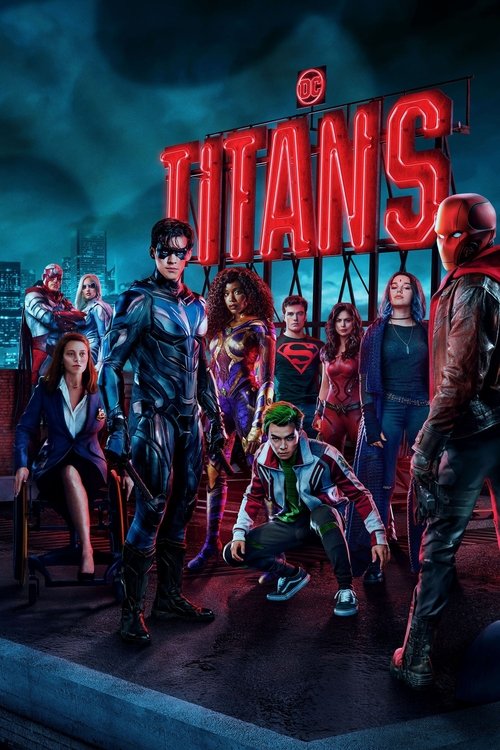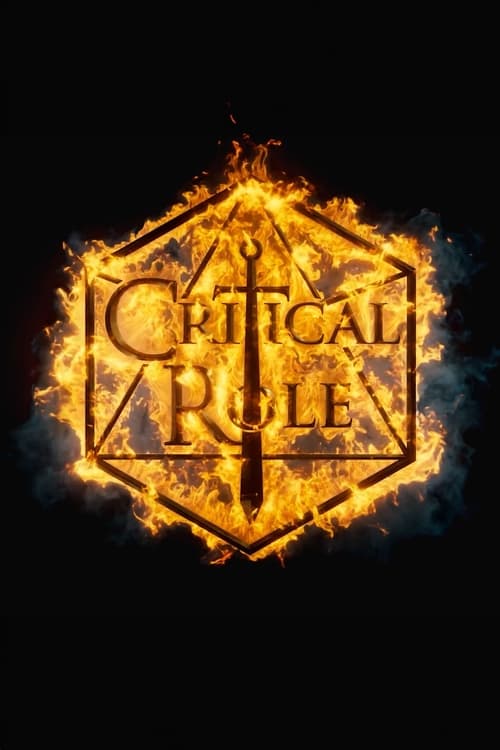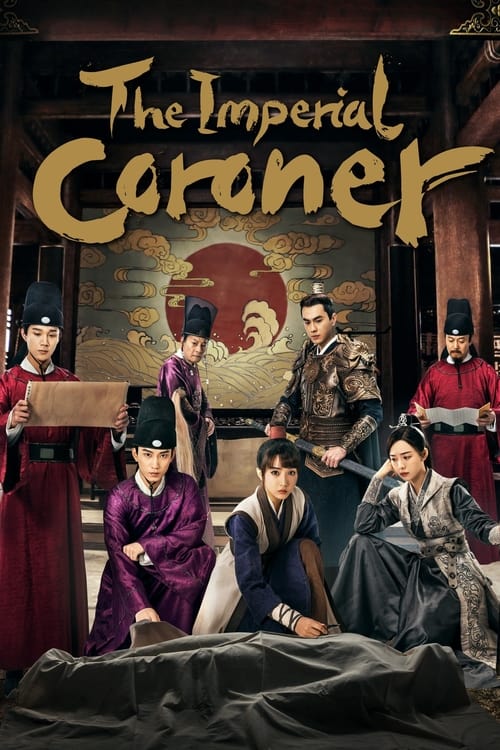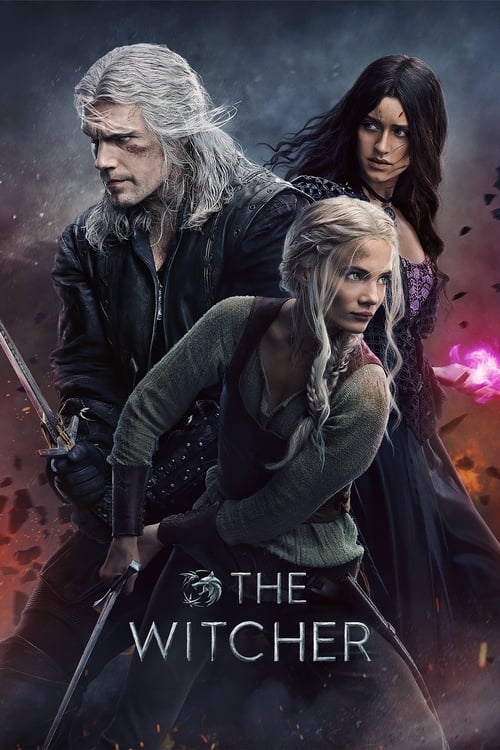
Ask Your Own Question
What is the plot?
The season opens with a flashback to a young Soldier Boy, who is being trained by the CIA in the 1980s. He is shown as a brutal and reckless hero, taking down enemies with little regard for collateral damage. The scene shifts to the present, where the Boys are dealing with the aftermath of the events from Season 2. Hughie is now working for Congresswoman Victoria Neuman, who is investigating Vought and the Supes. He is conflicted about his role, feeling the weight of the moral compromises he is making.
Meanwhile, Butcher is still leading the Boys, and they are on a mission to take down Homelander. They discover that Soldier Boy, a former superhero thought to be dead, is alive and could be a potential weapon against Homelander. Butcher decides to find Soldier Boy, believing he can use him to their advantage. The Boys, including Frenchie, Kimiko, and Mother's Milk, begin their search for Soldier Boy, leading them to a secret facility where he was held.
In a parallel storyline, Homelander is struggling with his own demons. He is increasingly paranoid and feels threatened by the rise of a new hero, the supremely powerful and charismatic Soldier Boy. Homelander's relationship with his son, Ryan, becomes strained as he tries to manipulate the boy into becoming more like him. Ryan is torn between his father's influence and the moral teachings of Butcher and the Boys.
The Boys eventually locate Soldier Boy, who is revealed to be a deeply traumatized and unstable individual. They manage to free him from captivity, but he is not the ally they hoped for. Soldier Boy is violent and unpredictable, and his methods are brutal. The Boys quickly realize that they must keep him in check while also trying to convince him to help them take down Homelander.
As the season progresses, tensions rise between the Boys and Soldier Boy. Butcher, who is increasingly consumed by his desire for revenge against Homelander, begins to take Compound V, which gives him temporary superpowers. This decision puts him at odds with the rest of the Boys, who are concerned about the risks and moral implications of using the drug. Butcher's addiction to power leads him to make reckless decisions, further straining his relationships with his team.
In a pivotal moment, Soldier Boy confronts Homelander, leading to a brutal showdown. The two engage in a fierce battle, showcasing their immense powers. Soldier Boy's abilities are revealed to be devastating, and he manages to hold his own against Homelander. However, the fight escalates, causing massive destruction and collateral damage. The public begins to turn against Homelander as the chaos unfolds.
Meanwhile, Victoria Neuman's true nature is revealed as she is shown to be a powerful Supe herself, capable of exploding people's heads. She has been manipulating events from behind the scenes, and her motivations become clearer as she seeks to gain more power within Vought. Hughie discovers her secret and is faced with a moral dilemma about whether to expose her or align with her for the greater good.
As the season nears its climax, the Boys and Soldier Boy form a tenuous alliance to take down Homelander once and for all. They devise a plan to confront him during a public event, where they hope to expose his true nature to the world. The confrontation is intense, with each character's motivations and fears coming to the forefront. Butcher's obsession with revenge clashes with Soldier Boy's desire for recognition and acceptance.
The final showdown occurs at the event, where the Boys confront Homelander in front of a live audience. The battle is chaotic, with powers clashing and civilians caught in the crossfire. In a shocking twist, Soldier Boy turns on the Boys, revealing that he has no intention of helping them and instead seeks to reclaim his status as a hero. This betrayal leads to a brutal fight among the group, with alliances shifting rapidly.
In the aftermath of the battle, the consequences of their actions become clear. The Boys are left fractured, with Butcher's addiction to Compound V taking a toll on his health and relationships. Hughie grapples with his choices and the realization that the fight against the Supes is far from over. The season ends on a cliffhanger, with Homelander's power growing and the Boys facing an uncertain future as they prepare for the next phase of their battle against the corrupt world of superheroes.
What is the ending?
In the ending of "The Boys" Season 3, Homelander solidifies his power and influence, leading to a climactic confrontation with Butcher and the rest of the Boys. The season concludes with significant character developments, betrayals, and a sense of impending chaos as the lines between heroism and villainy blur further.
As the final episodes unfold, we see Homelander's grip on the public tighten. He embraces his role as a villain, reveling in the chaos he creates. Meanwhile, Butcher, fueled by his desire for revenge against Homelander, becomes increasingly reckless, using the temporary V24 to gain superpowers. This leads to a series of violent confrontations, culminating in a showdown that leaves the Boys fractured.
In a pivotal moment, Butcher and Homelander face off, but the battle is interrupted by the arrival of Soldier Boy, who has his own vendetta against Homelander. The ensuing chaos results in Soldier Boy's temporary victory, but it also leads to devastating consequences for the Boys. The season ends with a sense of uncertainty, as characters grapple with their choices and the moral implications of their actions.
Now, let's delve into the ending in a more detailed, chronological narrative.
The final episodes begin with the Boys regrouping after a series of setbacks. Butcher, increasingly consumed by his hatred for Homelander, decides to take V24, a temporary version of Compound V that grants him superpowers. This decision is driven by desperation and a desire for vengeance, showcasing his internal struggle between his humanity and the monster he is becoming.
As the Boys plan their next move, they learn that Soldier Boy, a former superhero with a dark past, has returned. His presence complicates the dynamics, as he seeks revenge against the very heroes he once fought alongside. The tension escalates when Soldier Boy confronts Homelander, leading to a brutal clash that reveals the true nature of both characters. Soldier Boy's violent tendencies and Homelander's narcissism create a volatile mix, resulting in destruction and chaos.
In a pivotal scene, Butcher and Homelander finally face off. Butcher, fueled by rage and the effects of V24, believes he can take down Homelander once and for all. However, the confrontation is interrupted by Soldier Boy, who has his own agenda. The three engage in a fierce battle, showcasing their powers and the emotional stakes involved. Butcher's desperation clashes with Homelander's arrogance, while Soldier Boy's unpredictability adds another layer of danger.
As the fight rages on, the Boys are forced to confront their own moral dilemmas. Hughie, who has been grappling with his own choices, realizes that the path of vengeance may lead to their downfall. He tries to reason with Butcher, urging him to reconsider his actions. This moment highlights the internal conflict within the group, as they struggle to maintain their humanity in a world filled with superpowered beings.
The climax reaches a fever pitch when Soldier Boy temporarily gains the upper hand, incapacitating Homelander. However, the victory is short-lived, as the fallout from their battle leaves the Boys in disarray. Butcher, despite his temporary powers, is left questioning the cost of his actions. The emotional toll of their choices weighs heavily on him, leading to a moment of reflection on what it means to be a hero or a villain.
In the aftermath, the Boys are left fractured. Butcher's reckless pursuit of vengeance has alienated him from his allies, and the consequences of their actions begin to unfold. The season concludes with a sense of uncertainty, as Homelander solidifies his position of power, reveling in the chaos he has created. The final scenes depict a world on the brink of collapse, with the Boys facing an uncertain future.
As the credits roll, we see the fates of the main characters: Butcher, now more isolated than ever, grapples with the darkness within him; Hughie, torn between loyalty and morality, must navigate the consequences of their choices; and Homelander, having embraced his villainy, stands as a symbol of unchecked power and corruption. The season ends with a haunting reminder of the blurred lines between heroism and villainy, leaving viewers questioning the true nature of justice in a world dominated by superpowers.
Is there a post-credit scene?
In Season 3 of "The Boys," there is indeed a post-credit scene that adds a significant layer to the narrative.
The scene opens in a dimly lit laboratory, where we see a figure working meticulously at a workstation. The camera pans to reveal that it is a scientist, who is handling vials and various high-tech equipment. The atmosphere is tense, filled with the hum of machinery and the faint sound of bubbling liquids.
As the scientist continues their work, the focus shifts to a large glass container filled with a mysterious, glowing substance. The camera zooms in, revealing that this substance is a new form of Compound V, hinting at the potential for creating even more powerful supes. The scientist's hands tremble slightly with excitement and fear, indicating the moral implications of their work.
Suddenly, the door swings open, and a familiar figure enters: Victoria Neuman, the head of the Federal Bureau of Superhuman Affairs. Her expression is cold and calculating, and she approaches the scientist with a sense of authority. She questions the progress of the experiments, her tone laced with impatience and ambition.
The scientist nervously assures her that they are on the brink of a breakthrough, but Neuman's demeanor suggests that she has her own agenda. As she leans closer to the glowing container, a sinister smile creeps across her face, revealing her intentions to harness this new Compound V for her own purposes.
The scene ends with a close-up of Neuman's face, her eyes glinting with a mix of power and malice, leaving viewers with a chilling sense of what is to come in future episodes. This post-credit moment not only teases the ongoing conflict surrounding superhuman abilities but also deepens the intrigue surrounding Neuman's character and her ambitions.
What happens to Homelander's character development in Season 3?
In Season 3, Homelander's character becomes increasingly unstable and dangerous. He grapples with his need for public approval while also embracing his darker impulses. His relationship with his son, Ryan, becomes a focal point, as he attempts to manipulate Ryan into becoming more like him. The season showcases Homelander's descent into madness, particularly as he faces challenges from both the Boys and his own insecurities.
How does Butcher's relationship with Ryan evolve in Season 3?
Butcher's relationship with Ryan is complex and fraught with tension in Season 3. Initially, Butcher is resentful of Ryan, seeing him as a potential threat due to his connection to Homelander. However, as the season progresses, Butcher begins to see Ryan as a child who needs protection rather than a weapon. This shift in perspective leads to moments of vulnerability for Butcher, revealing his internal struggle between his hatred for Supes and his desire to protect the innocent.
What role does Soldier Boy play in Season 3 and how does he affect the dynamics of the group?
Soldier Boy is introduced as a significant character in Season 3, portrayed as a former superhero with a troubled past. His arrival disrupts the existing dynamics within The Boys and the Supes. Soldier Boy's brutal and reckless nature challenges the Boys' moral compass, particularly as they grapple with the implications of his actions and the secrets he holds about Vought. His interactions with characters like Butcher and Hughie create tension, as they must navigate their own beliefs about heroism and justice.
How does Starlight's role change in Season 3?
In Season 3, Starlight's role evolves as she becomes more assertive and takes on a leadership position within The Seven and the Boys. She grapples with her disillusionment with Vought and the Supes, particularly as she witnesses the corruption and moral decay around her. Starlight's relationship with Hughie deepens, but she also faces challenges as she tries to balance her ideals with the harsh realities of the superhero world. Her character arc highlights her growth from a naive hero to a more complex and empowered figure.
What are the consequences of the Compound V revelations in Season 3?
The revelations about Compound V in Season 3 have significant consequences for both the Supes and the general public. As the truth about the origins of superheroes comes to light, it creates a backlash against Vought and the Supes, leading to public outrage and protests. This revelation also affects the relationships between characters, as trust is shattered and alliances are tested. The Boys leverage this information to further their agenda against Vought, while the Supes scramble to maintain their image and power.
Is this family friendly?
"The Boys" Season 3 is not family-friendly and contains numerous elements that may be objectionable or upsetting for children and sensitive viewers. Here are some aspects to consider:
-
Graphic Violence: The show features intense and graphic scenes of violence, including brutal fights, dismemberment, and bloodshed that can be quite shocking.
-
Sexual Content: There are explicit sexual scenes and themes, including nudity and sexual violence, which are portrayed in a raw and unfiltered manner.
-
Strong Language: The dialogue includes frequent use of profanity and vulgar language, which may be inappropriate for younger audiences.
-
Dark Themes: The series explores heavy themes such as corruption, abuse of power, and moral ambiguity, which can be disturbing and thought-provoking.
-
Substance Abuse: Characters are shown using drugs and alcohol, often in excessive or irresponsible ways.
-
Psychological Trauma: The emotional and psychological struggles of characters are depicted, including themes of betrayal, loss, and mental health issues, which may be distressing for some viewers.
-
Disturbing Imagery: There are scenes that include grotesque and unsettling imagery that can be visually disturbing.
These elements contribute to the overall tone of the series, which is dark, satirical, and often confrontational, making it unsuitable for a younger audience.

